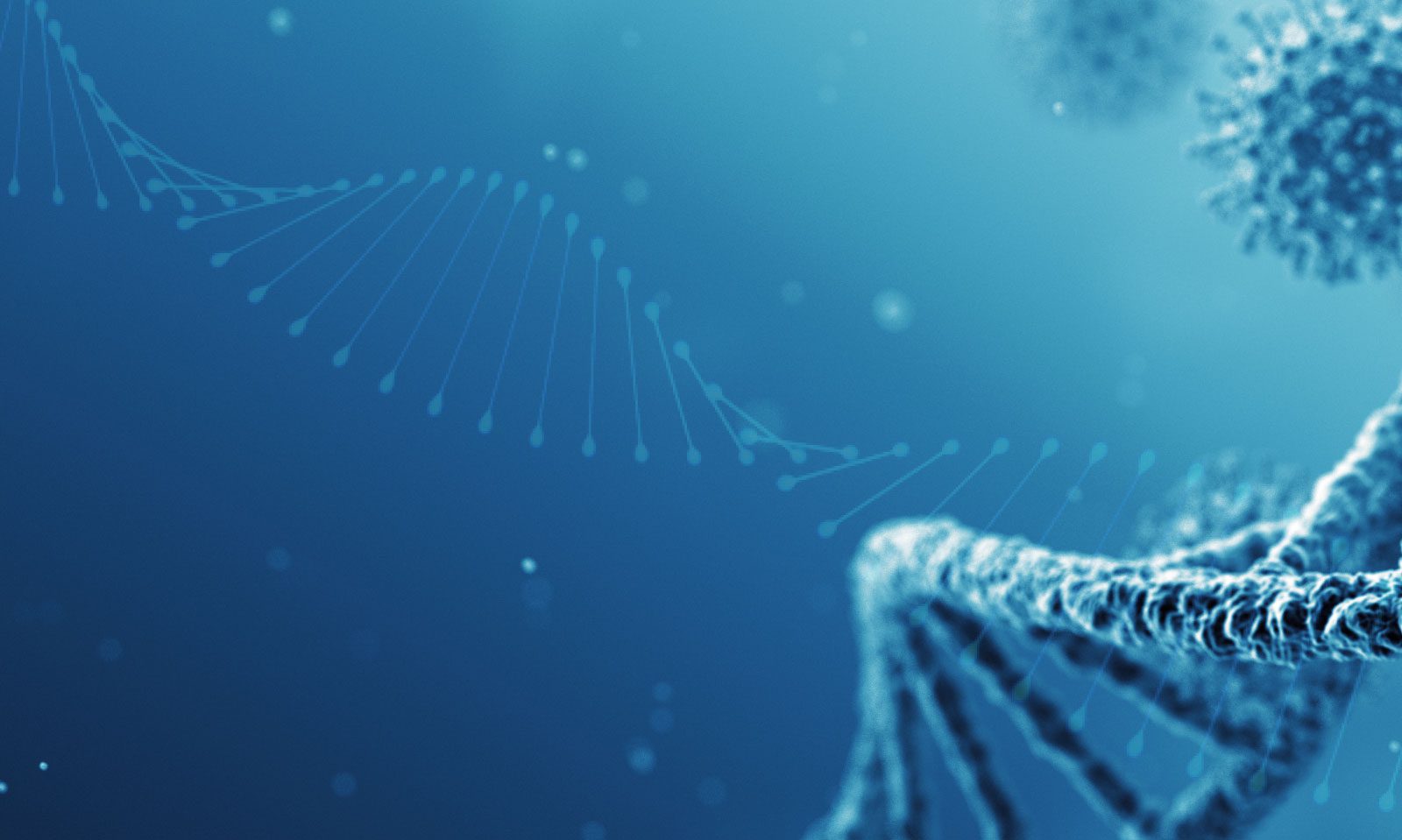Degenerative disc disease is a common cause of chronic low back pain, but surgical intervention is an invasive treatment associated with high costs. There is growing interest in regenerative medicine as a less invasive but direct disc treatment for chronic discogenic low back pain. This multi-physician study evaluated clinical improvement of primary discogenic low back pain with intradiscal injection of autologous bone marrow aspirate concentrate (BMAC). The results of this study suggest that autologous intradiscal BMAC injection has the potential to clinically improve discogenic low back pain at one year while reducing disability ratings and increasing quality of life scores. This regenerative medicine procedure offers a direct and promising adjunct to traditional nonoperative treatments for chronic discogenic low back pain.
Colin M. Haines, Fenil R. Bhatt, Lindsay D. Orosz, Tarek Yamout, Samuel Namian, Niteesh Bharara, Anthony Bucci, Thomas C. Schuler, Ehsan Jazini, and Christopher R. Good, “Low Back Pain, Disability, and Quality of Life One Year following Intradiscal Injection of Autologous Bone Marrow Aspirate Concentrate,” Stem Cells International, vol. 2022, Article ID 9617511, 7 pages, 2022. https://doi.org/10.1155/2022/9617511.
